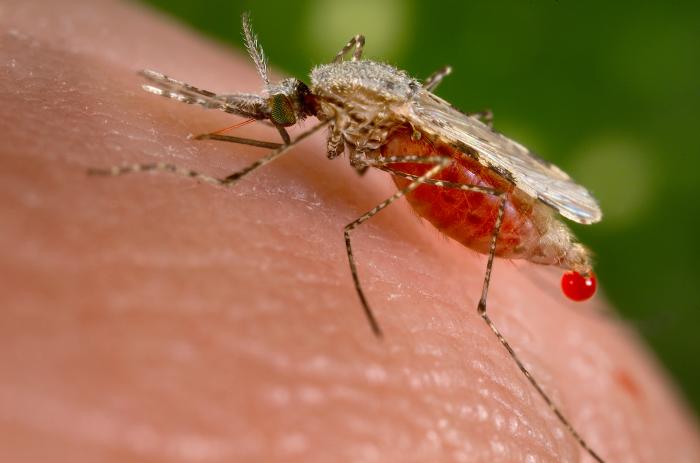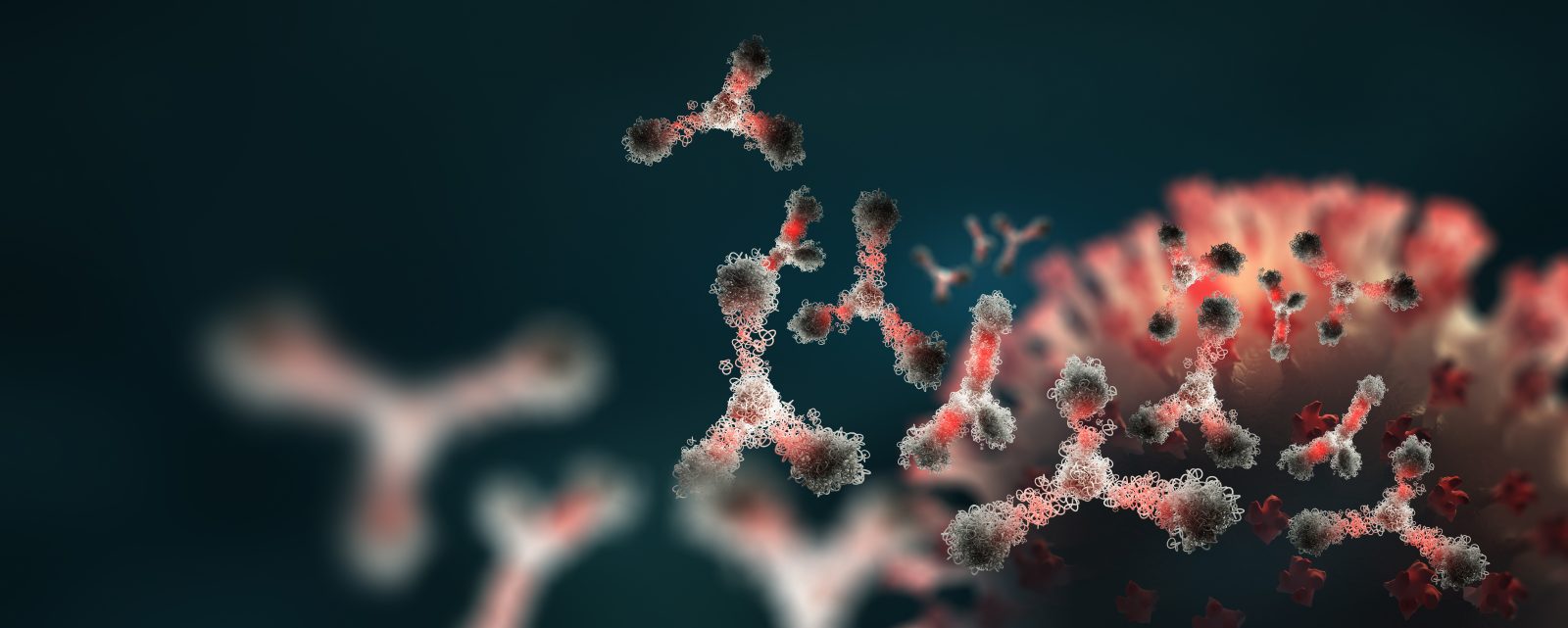
No, Scientists Should Not Rule
On this new episode of ID the Future, The Price of Panic co-author and philosopher Jay Richards hosts bioethicist Wesley J. Smith to discuss a Tweet from Physics-Astronomy.org. The Tweet read, “Imagine a world ruled by scientists, not politicians.” The drift of the Tweet was, wouldn’t rule by scientists be wonderful! Smith immediately threw up a great big “Don’t go there” sign at the Epoch Times. As Smith and Richards emphasize, such an approach to governance would be disastrous, and would actually be anti-science. It would tend to corrupt the practice of science, thrust scientific specialists into positions calling for generalist skills, and further the arrogant mistake that is scientism—the view not only that nature is all there is, but also that science is the be all and end all of human wisdom. As Richards and Smith go on to emphasize, political leaders definitely should have the humility to take into account scientific insights; it’s just that they shouldn’t stop there. They also have to factor in insights from economics, law, ethics, and other fields. Richards and Smith use the response to the coronavirus pandemic as a case in point. Smith’s latest book is Culture of Death: The Age of ‘Do Harm’ Medicine.





